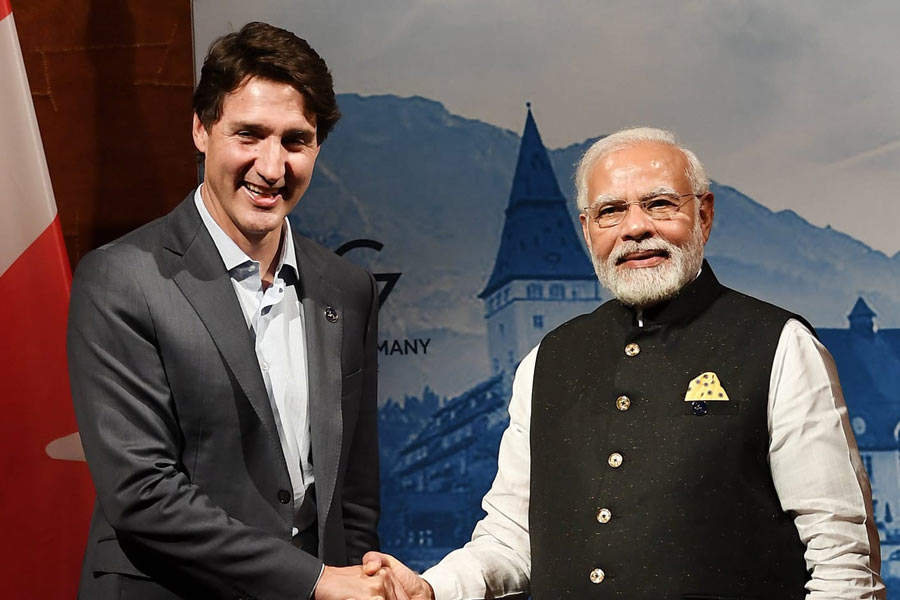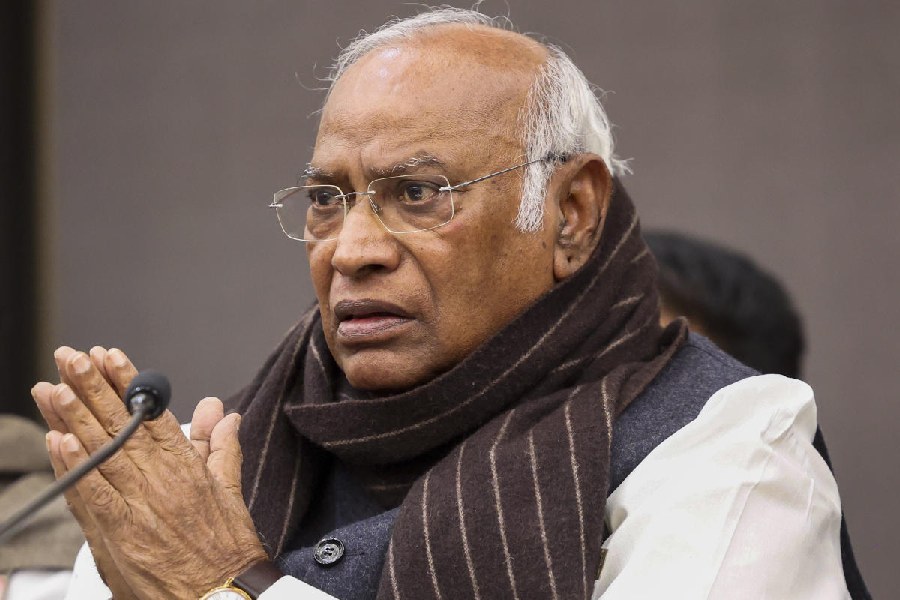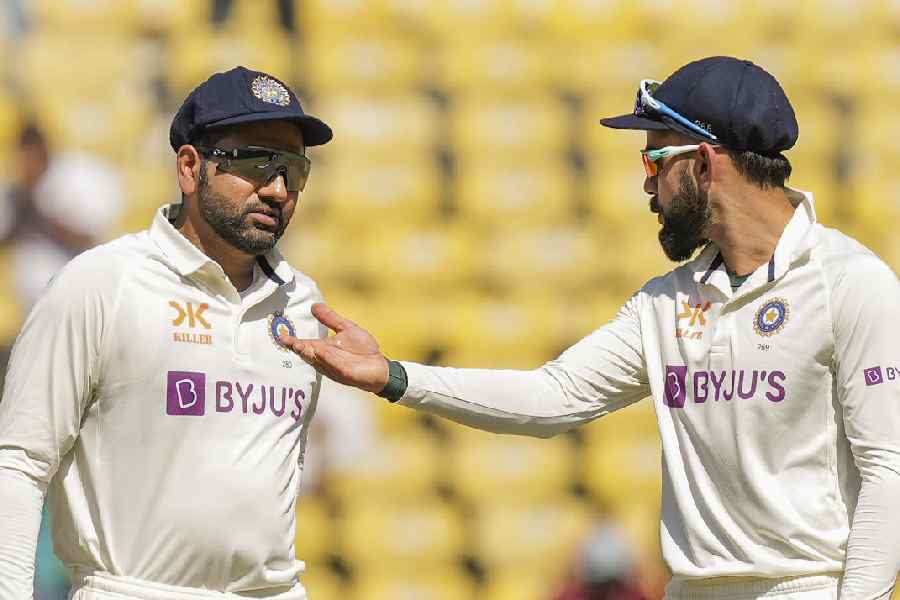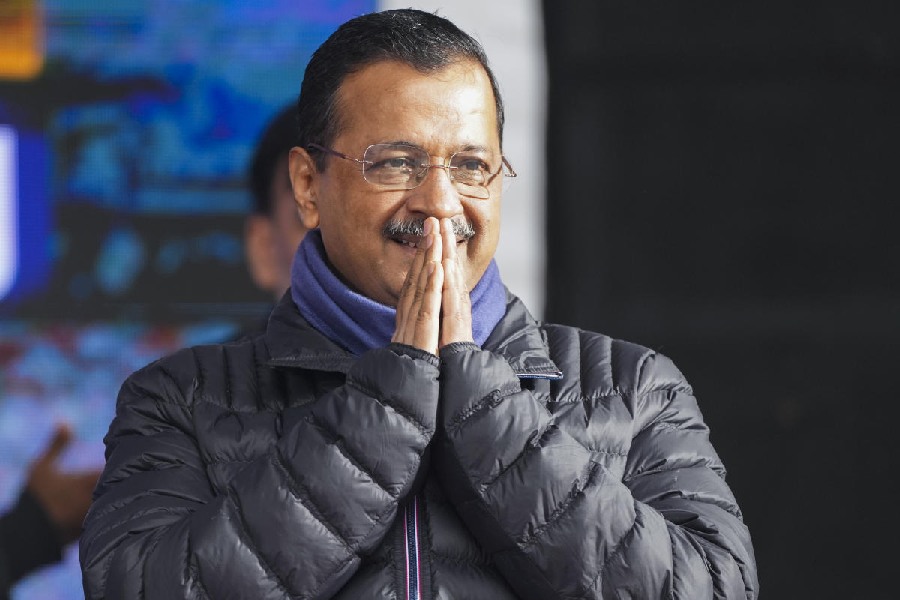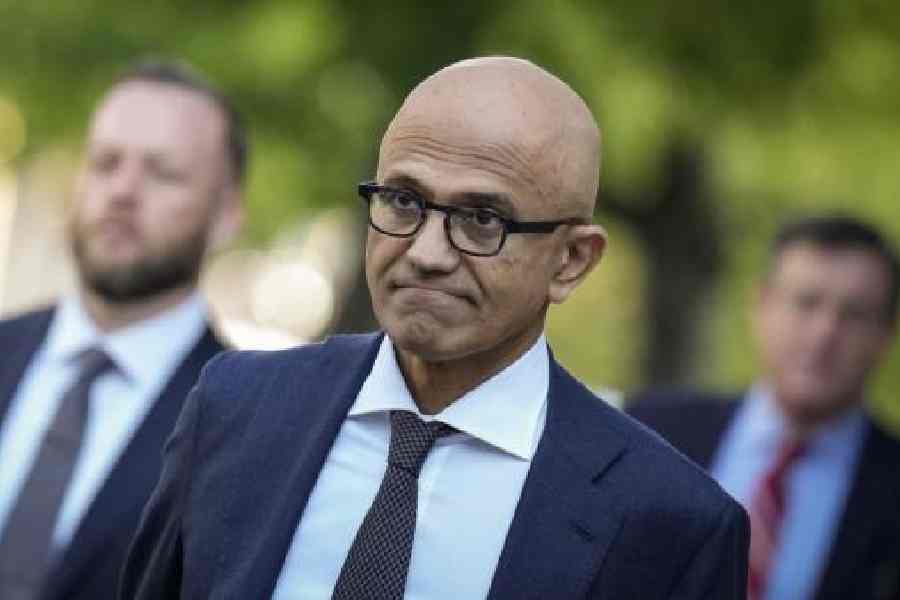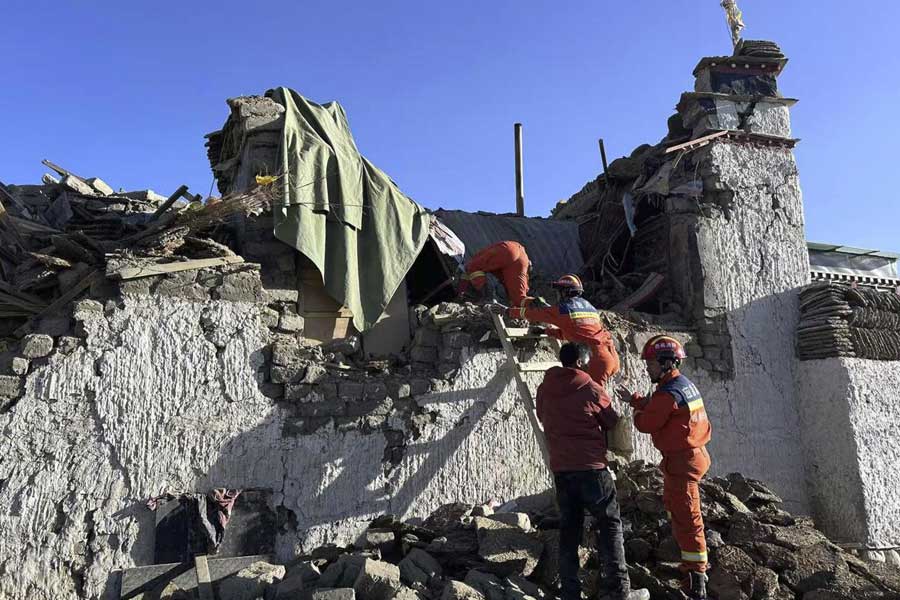Nine months after the Canadian prime minister, Justin Trudeau, publicly accused the Indian government of involvement in the assassination of the Sikh separatist, Hardeep Singh Nijjar, near Vancouver, relations between New Delhi and Ottawa remain chilly, with fresh signs of tension emerging in recent days. After the prime minister, Narendra Modi, met Mr Trudeau in Italy on the margins of the G7 Summit, the Canadian leader told the media in interviews that while the two countries were in alignment on many major issues, they still needed to work out their differences. He also said that he was hopeful that with Mr Modi’s re-election behind him, it would be easier for the two governments to navigate their thorny ties. However, all the signs point to the contrary. Last week, the Canadian Parliament observed a moment of silence to mark the anniversary of the death of Mr Nijjar whom India views as a terrorist. A Canadian court is expected to resume hearings in the case: four Indian nationals have been arrested and charged with Mr Nijjar’s killing. As that case proceeds, and Canadian prosecutors unveil what they claim is evidence of India’s role in the murder, tensions between New Delhi and Ottawa are likely to soar.
The Indian government has consistently denied any involvement in Mr Nijjar’s killing and has, at the same time, accused Mr Trudeau’s administration of being insensitive to New Delhi’s concerns over the Sikh separatist movement for a state of Khalistan finding space to grow in Canada. It has accused Mr Trudeau of pandering to Sikh separatist sentiments for votes from the community, especially ahead of the country’s upcoming election in 2025. This background makes any breakthrough in relations difficult. Meanwhile, India also faces scrutiny in the United States of America where prosecutors have accused New Delhi of plotting to kill another Sikh separatist, Gurpatwant Singh Pannun. Last week, the Czech Republic extradited an Indian national accused of plotting that killing to the US. And Australia’s public broadcaster, the Australian Broadcasting Corporation, has, in a recent article, accused Indian spies of monitoring that country’s Indian diaspora, including Sikhs. While India’s relations with the US and Australia remain robust, these developments have the potential to test bilateral ties. New Delhi can afford to ignore Mr Trudeau for now — but it cannot afford to earn the tag of a rogue operator in the West.

